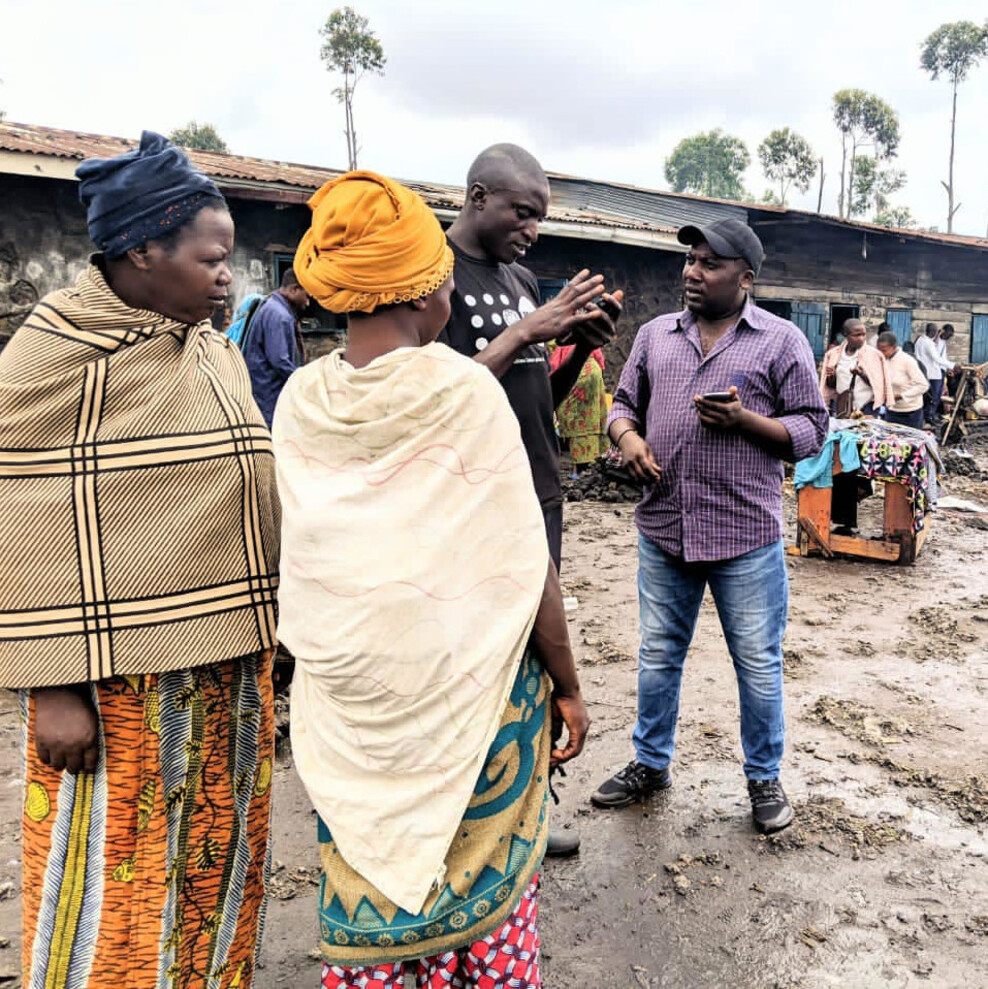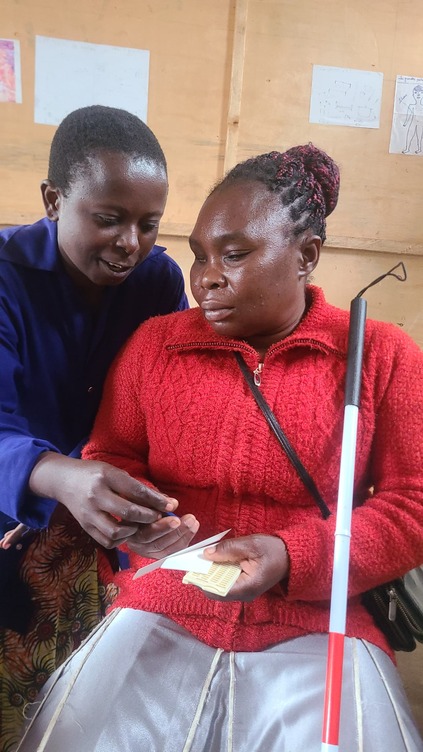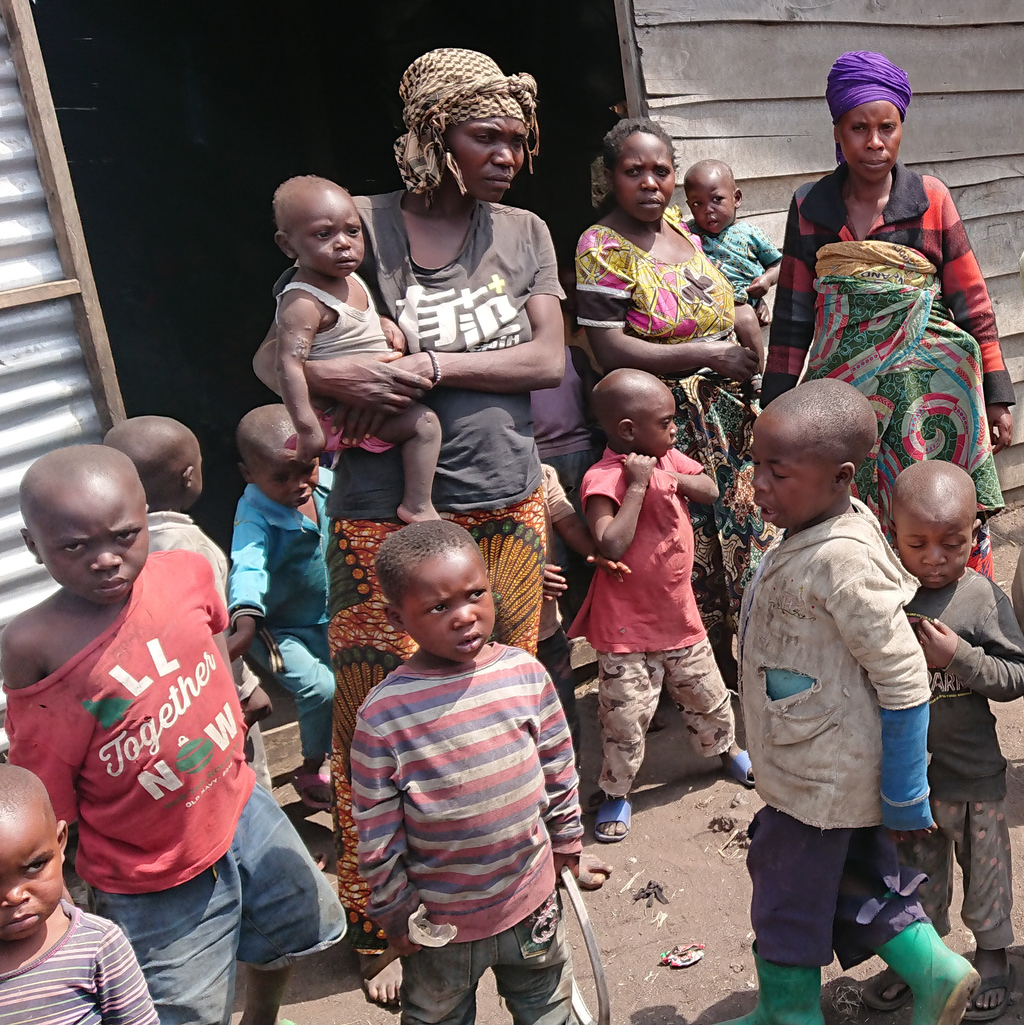In Goma, Eastern DR Congo, we "Action for Peace, Inclusion, Education and Mobilization
" committed to building an inclusive society where vulnerable women and all children blind or non blind have a rightful place and equal opportunities to thrive.

It's a initiative by APIEM that ensures all children—blind, visually impaired, and sighted—can learn and grow together in the same schools. Too often, children with visual disabilities are excluded from education due to a lack of adapted materials, insufficient teacher training, and persistent social prejudices. This exclusion denies them a fundamental right and limits their opportunities to fully participate in community life.
Our project seeks to change this reality by creating inclusive classrooms where every child is welcomed and supported according to their needs. Blind and visually impaired children receive adapted tools such as white canes, braille books, tablets, and audio resources, while teachers are trained in inclusive teaching methods so that no one is left behind. This approach encourages mutual support and equal opportunities, while also raising awareness among families and communities about the importance of an education open to all.
Through School Inclusion for Blind Children, APIEM envisions a society where schools become spaces of meeting, respect, and solidarity. When blind, visually impaired, and sighted children study together, they not only learn academic subjects but also values of tolerance, empathy, and the richness of human diversity.


We support mothers and children by combating gender-based violence, preventing early marriage, and promoting menstrual education. We also provide health monitoring for women and girls and protect children from malnutrition.
Ethnic conflicts and ongoing violence in our region place women and children at the center of suffering, as the first and most affected victims. In Beni, many women are raped and killed by armed groups and rebels, children are murdered, and human rights are violated. In prisons, women are often neglected and denied proper care regarding hygiene and menstrual management.
During recent clashes in Goma, several women were raped and children were killed. In hospitals, patients were arrested, and at Goma’s central prison, prisoners were burned alive. This tragic reality is not isolated: it extends across the entire eastern part of the DRC, where violence continues to destroy lives and undermine fundamental rights.
At the same time, we work to empower women by training them in entrepreneurship and leadership, enabling them to become key agents of change within their communities.
We raise awareness in communities to change mindsets and ensure respect for human rights. We strengthen families’ capacity to secure the health and education of their children. Together, we are working for a future where every woman, every girl, and every child can live in safety and dignity.